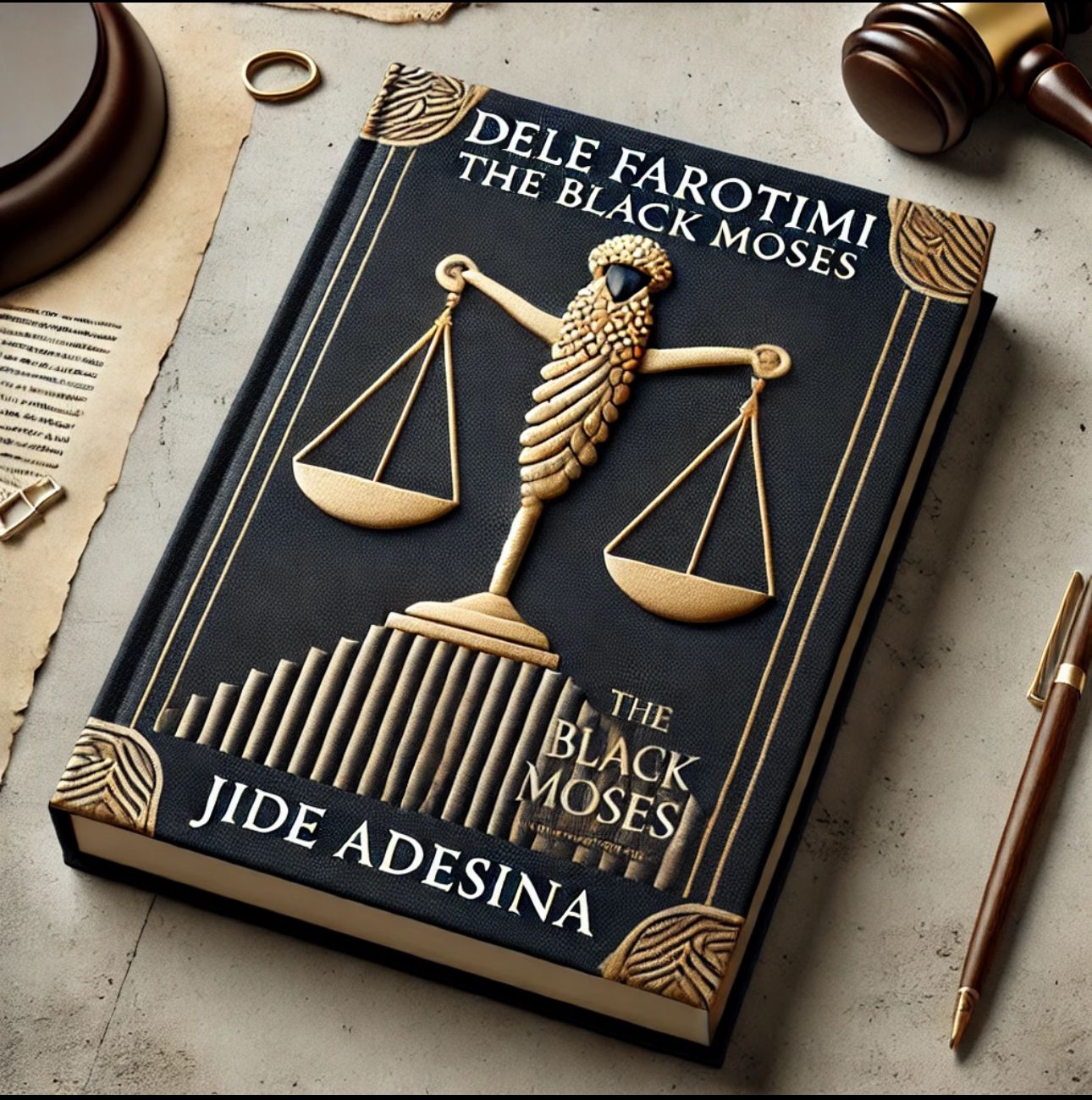
In the swirling tempest of socio-political discourse, few narratives capture attention like the unfolding saga surrounding Dele Farotimi and the controversy his book has ignited. Allegedly steeped in accusations, vendettas, and what some have described as reckless conjectures, Farotimi’s work seems less like a manifesto of reform and more like an impassioned outburst born from personal grievance. Whether driven by idealistic fervor or a calculated play for public relevance, the repercussions have been profound, culminating in his current legal entanglement.
The question on many lips remains: where are the so-called “Obedients” now? Have they rallied the necessary support, raised the purported ₦50 million bail, or even mobilized as passionately as they did during previous political crusades? The absence of such solidarity has become a glaring contradiction in a socio-political space known for its volatile, often performative activism.
Reading Farotimi’s book—once, perhaps even twice—leaves one grappling with more questions than answers. His prose oscillates between righteous indignation and unbridled vitriol, veering dangerously into what some critics have labeled as careless and unsubstantiated claims. His references to notable legal figures such as Afe Babalola and the Ojomo or Eletu family appear tenuous at best, allegedly drawing these figures into a narrative that seems detached from established legal precedent or documented history. If indeed these claims lack substantive backing, one wonders whether this is a literary exercise in venting personal frustrations or an audacious attempt at self-martyrdom for a political cause.
To contextualize Farotimi’s defiant stance, one could invoke historical parallels. Fela Anikulapo Kuti’s biting critiques of Nigeria’s ruling elite—captured in songs like I.😭. (International Thief Thief) and Animal Won Dash Me Human Rights—were artistic protests laced with metaphor and cultural defiance. In contrast, Farotimi’s approach seems bereft of such symbolic dexterity, opting instead for blunt, incendiary assertions that flirt with legal repercussions. Similarly, Wole Soyinka’s The Man Died explored moral resistance in the face of tyranny, but always with philosophical depth, not recklessness.
Even the late Gani Fawehinmi, Nigeria’s fiercest legal crusader, approached his battles with meticulous legal precision. His confrontation with figures like Bola Ahmed Tinubu during the infamous certificate saga was anchored in undeniable evidence—a pursuit of justice tempered by intellectual rigor and strategic caution. Fawehinmi never relied on provocative rhetoric; he relied on the strength of his case. His legacy remains untarnished because he fought within the bounds of legal and professional integrity, regardless of whose ox was gored.
If Farotimi’s strategy is to provoke a societal reckoning through controversial writing, has he overstepped ethical lines, or is this the natural consequence of an impassioned pursuit of justice in a system perceived as corrupt and unjust? Is this a modern-day act of defiance, or a personal crusade that has spiraled into professional and legal peril? His current predicament suggests the latter, raising questions about the limits of free expression in a country where truth is often contested, and power rarely yields to rhetoric alone.
Ultimately, whether this is a calculated attempt to mainstream his book through public scandal or a sincere—albeit flawed—pursuit of justice, one cannot ignore the consequences of actions untethered from accountability. The courtroom will decide the legal merits, but in the court of public opinion, Farotimi has already been judged—either as a reckless provocateur or as a misguided reformist crushed under the weight of his own audacity. Time, as always, will reveal the true measure of his intentions and their lasting impact on Nigeria’s legal and socio-political landscape.
By : Jide Adesina
1st Afrika
www.1stafrika.com
All rights reserved
December, 2024

